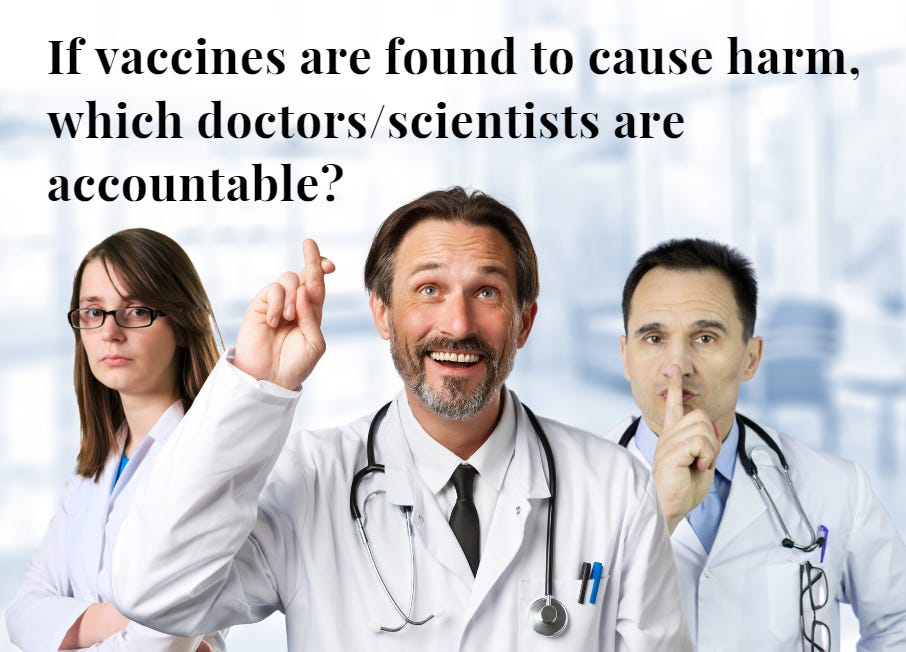History is very instructive, and there are certainly lessons to be learned when things go wrong.
In about 2003, I was convinced a novel oral anticoagulant (Ximelagatran) was going to be the next huge winner in the pharmaceutical space. In fact, its development was the first step towards the use of an important group of direct oral anticoagulants (Apixaban, Rivaroxaban, etc) in the management of atrial fibrillation. However, during deployment in the market, medium-term adverse side effects, mainly to the liver, led to a different path for Ximelagatran than the one I had envisioned.
“…wishes to withdraw its application for a marketing authorisation for Ximelagatran 36 mg film coated tablets, for the prevention of stroke and other thromboembolic complications associated with atrial fibrillation.”
Ximelagatran 36 mg film coated tablets: Withdrawal of the marketing authorisation application
Imagine if the Ximelagatran drug-induced liver injury had been ignored. Medium term complications like this can take about 2 years to be identified.
Below I discuss the commonly offered flu/Covid vaccine combo and the various groups of scientists/doctors on the spectrum between proactive pro-vax and those who are concerned and vocal about the vax.
Risks of combining the flu and Covid vaccine booster
Pharmacovigilance is made more difficult when patients are being told that the Covid vaccine boosters are just as safe as the annual flu injections. Flu shots have been in use for a much longer time, and combining the two shots may lead the average recipient to perceive that one is as safe as the other. This means that there can be a loss of scientific vigilance which would generally involve looking out for adverse effects within 28 days of a Covid vaccine booster. This is a standard research protocol to ensure safety by actively looking for adverse effects.
Most patients are unaware that giving 5 vaccine doses within 20 months has never been done before. This is uncharted territory. In the context of safety, silence from healthcare industry reinforces that perception to the general public.
Based on my observation, these are the scientific/medical groups that exist:
Proactive pro-vax
Passively supportive pro-vax
Silent, but questioning about vax
Concerned and vocal about vax
Proactive pro-vax - These scientists are not required to promote the Covid vaccine, but strongly believe in the value of vaccination for Covid and actively promote it. Active promotion of the Covid vaccine without the balancing acknowledgement of known or unknown potential risks is misleading and dangerous. Patients should understand that normal practice is for caution relating to any new medical product or drug [which has not been fully tested]. An EUA product has very specific regulations regarding promotion to the public.
Passively supportive pro-vax - This group includes the vast majority of mainstream physicians who are unconcerned about potential vaccine complications. They trust fully in the principle of evidence-based medicine and cannot accept that any problems with the vaccine would not already have been identified through peer-reviewed published research. In reality, it takes active scientific vigilance for early identification of drug or vaccine complications; without this level of diligence, by the time any issues become obvious, it may be too late [to prevent them/completely mitigate them]. This group’s faith in the scientific system is admirable, but it is not always based on independent research.
Silent, but questioning about vax - This group is composed mainly of scientists in the Pharma industry and doctors involved in research. They understand the implications of short term strategies without the benefit of longer-term data the risk and testing involved in the development of new drugs and technology. Unforeseen complications can occur. Rigour and caution are paramount for this group.
Concerned and vocal about vax - These doctors or scientists are worried enough to speak out, risking their professional registration and career to advocate for science and patients’ rights. Many share knowledge, insights, concerns and best practices in medicine and scientific research with the aim of advancing understanding and facilitating scientific debate. Given that resources are limited, this is particularly important for improving the targeting and treatment of the vulnerable and reducing the risks associated with any intervention. For this group, will speaking up be worth the risk of reprisal? Time will tell.
Here is a lesson from history about what occurred with Thalidomide - one of the most familiar examples of pharmacovigilance failure.
Thalidomide: how men who blighted lives of thousands evaded justice, The Guardian, Nov 2014
You can also watch this short video for further thoughts on the lessons from Thalidomide.






Time has passed by and people continue to force vaccination. Unfortunately, I fear we will face another tragedy as strong and dark as it was with Thalidomide. The truth will prevail. Sudden death in young people is the sad proof of it.
None of them. Because they have accepted the vaccine as part of the experiment. In the consent form they signed before getting the vaccine, they declared that they knew the vaccine was not fully tested and had possible side effects.